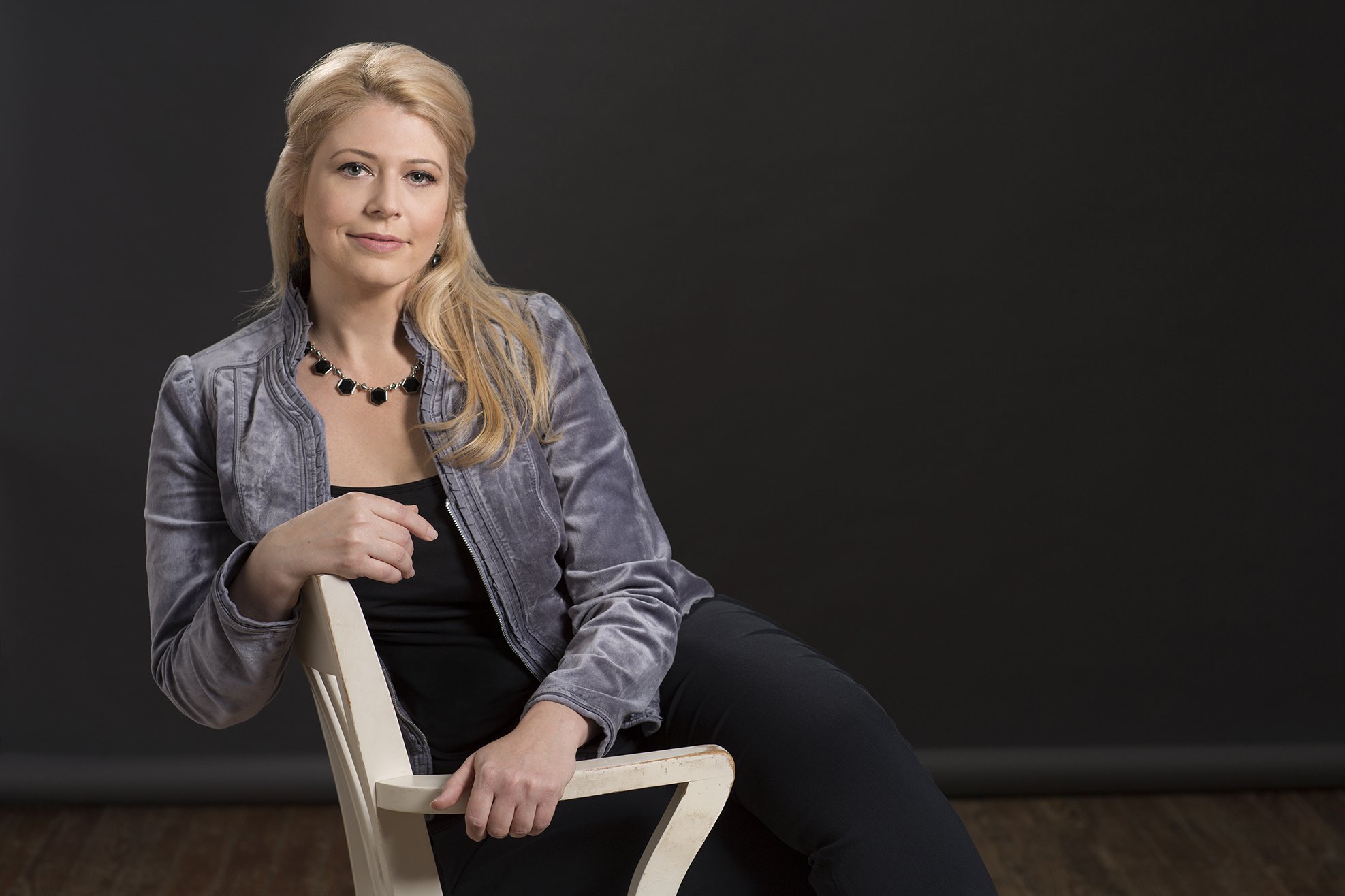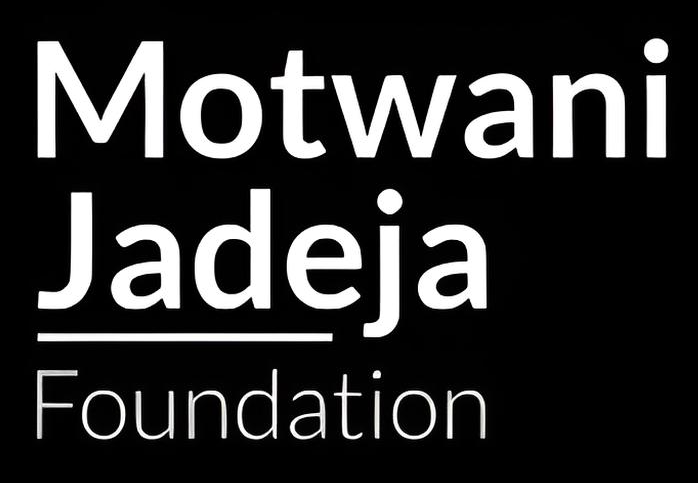Bingcong Zhu is the president of Smart Woman Securities (SWS) in Columbia University. When introducing her association, she pointed out the interesting pun in its name. While in the context it indicates the financial product of securities, the implication of “safety” and “protection” may shed new light on female participation in the world of business.
SWS is a national financial association for women founded in Harvard University in 2006 by two female graduates, Tracy Britt Cool and Teresa Hsiao, who felt that the financial industry had been overly male-dominated. Since then it has opened more than twenty chapters in the country. SWS usually has its annual national meeting in New York to strengthen the links between chapters as well as the supportive “sorority-feeling” of the association.
The Chapter of Columbia, where business and financial societies have also had a male majority, was founded in 2008. It received course materials and slides from the national chapter, while inviting guest speakers on its own. The new members of Columbia SWS will first take its courses and then be divided into groups to compete on stock research in different industries. Eventually they may apply for Board membership of SWS.
Bingcong joined SWS during her freshman year in Columbia College, and in her sophomore year she became COO—the positions in the association are named as if it were a business—to manage the social media on behalf of SWS. She was CEO, or president, of SWS in 2015. Now she is pursuing the Master degree in international finance in the joint program between Columbia College and School of International and Public Affairs (SIPA) of Columbia.
According to her, SWS distinguishes itself from other female business association, such as Columbia Women’s Business Society (CWBS), in that it brings about an intimate sense of family. While CWBS have various departments and more than a hundred formal members, SWS is more small-scaled, but it permits its members to participate in all aspects of its daily operation and activities.
However, running SWS is no less challenging. To be considered as a formal student association, it needed the approval of the university and SWS was criticized as being discriminatory during the application process, because it has no male members. Similar gender controversy also persists in real business and society in general. The association finished by registering with Barnard College instead of Columbia University, without access to many club facilities, such as its own table in the Club Fair of the university to recruit new members.
Other difficulties include the bureaucratic system of the school. For instance, the administrative advisor of Barnard requires a formal contract with any guest speaker whom SWS is inviting three weeks before the event. However, due to the flexible schedule of those who work in finance and the volunteering nature of the activity, SWS had to negotiate repeatedly with the administrative office of the school to reduce the three-week into one-week. Bingcong had indeed been frequently sent as one of SWS delegates to play the role of “good cop” in the negotiation.
In spite of the lessons she learned from her personal experiences, Bingcong also benefits from the inspiring experience of the founders of SWS, who show her the potential of diversity in their career. Tracy Britt Cool is now an executive at Berkshire Hathaway of Warren Buffett, exploring the financial industry, while Theresa Hsiao has become a TV writer, whose work include “American Dad,” “Family Guy” and several episodes of “We Bare Bears.” Interested in theater and creative writing, Bingcong is also looking forward to becoming a non-stereotypical finance worker.
The advice that Bingcong would like to share with other professional women is to be independent and confident. While one must be aware of the disadvantages that women have in certain industry, they should be the incentive rather than the obstacle to pursue one’s career.



































